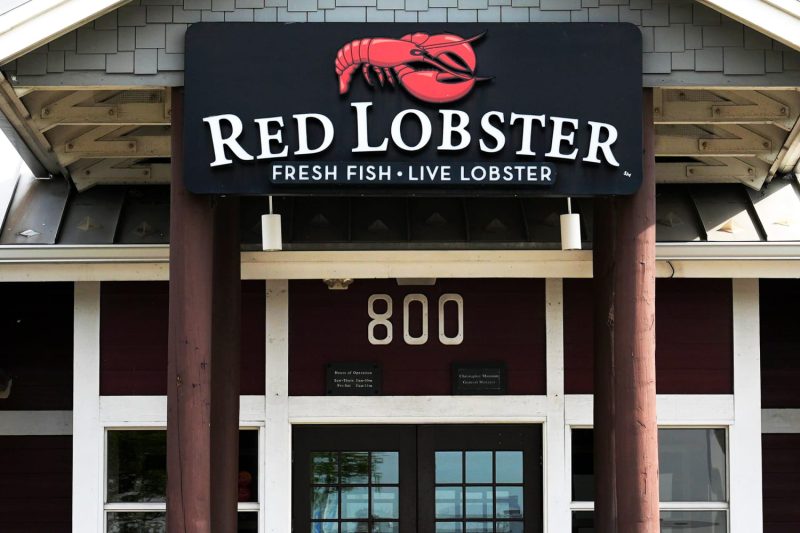Red Lobster has cemented its place in American culture as a go-to destination for seafood lovers across the nation. With its iconic red lobster logo and all-you-can-eat shrimp promotions, the chain has carved out a niche in the casual dining landscape. However, behind the scenes, Red Lobster has faced its fair share of challenges, particularly in recent years as it has navigated ownership changes and increasing competition in the restaurant industry.
The most notable turning point in Red Lobster’s history came in 2014 when it was acquired by private equity firm Golden Gate Capital in a deal valued at $2.1 billion. The move was met with mixed reactions from industry analysts, with some expressing concern about the impact of private equity ownership on the chain’s long-term viability. In the years following the acquisition, Red Lobster saw a decline in sales and struggled to retain its market share in the face of changing consumer preferences and a shifting culinary landscape.
One of the key criticisms leveled against private equity firms like Golden Gate Capital is their focus on short-term profit maximization at the expense of long-term sustainability. Critics argue that these firms often prioritize cost-cutting measures, such as reducing portion sizes or substituting lower-cost ingredients, in order to boost profitability in the short term. While these measures may yield immediate financial gains, they can also erode customer loyalty and tarnish the brand’s reputation in the long run.
In the case of Red Lobster, the chain’s all-you-can-eat shrimp promotion, a beloved tradition among diners, became a casualty of cost-cutting efforts under private equity ownership. The decision to limit the promotion’s availability and increase its price left many loyal customers feeling disillusioned and alienated. This misstep underscored the delicate balance that restaurant chains must strike between profitability and customer satisfaction, a balance that can be disrupted by short-sighted cost-cutting measures.
Furthermore, the rise of fast-casual seafood chains and the growing emphasis on sustainability and transparency in food sourcing posed additional challenges for Red Lobster under private equity ownership. Consumers today are increasingly conscious of where their food comes from and how it is produced, leading many to seek out restaurants that prioritize ethical sourcing practices and environmentally friendly initiatives. Red Lobster, with its large-scale operations and supply chain complexity, struggled to adapt to these changing consumer preferences, further eroding its competitive position in the market.
Despite these challenges, Red Lobster has shown resilience in the face of adversity, implementing menu innovations and marketing strategies to reinvigorate its brand and attract new customers. In recent years, the chain has focused on diversifying its menu offerings, introducing new seafood dishes and partnering with trusted suppliers to ensure quality and sustainability in its sourcing practices. Additionally, Red Lobster has revamped its marketing campaigns to highlight its commitment to freshness and quality, resonating with consumers who value transparency and authenticity in their dining experiences.
As Red Lobster continues to navigate the ever-evolving restaurant landscape, the chain faces the ongoing task of balancing profitability with customer satisfaction and market relevance. While the challenges of private equity ownership have undoubtedly tested Red Lobster’s resilience, the chain’s storied history and loyal customer base provide a strong foundation for future growth and success. By staying true to its roots while embracing innovation and adaptation, Red Lobster can secure its position as a beloved seafood destination for generations to come.

